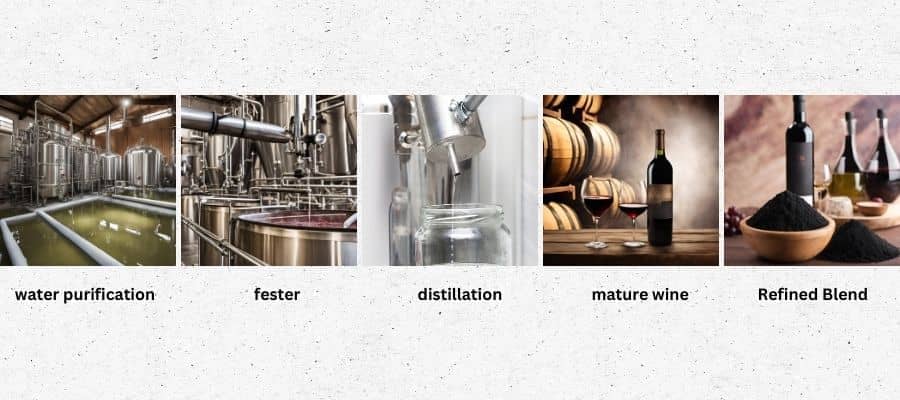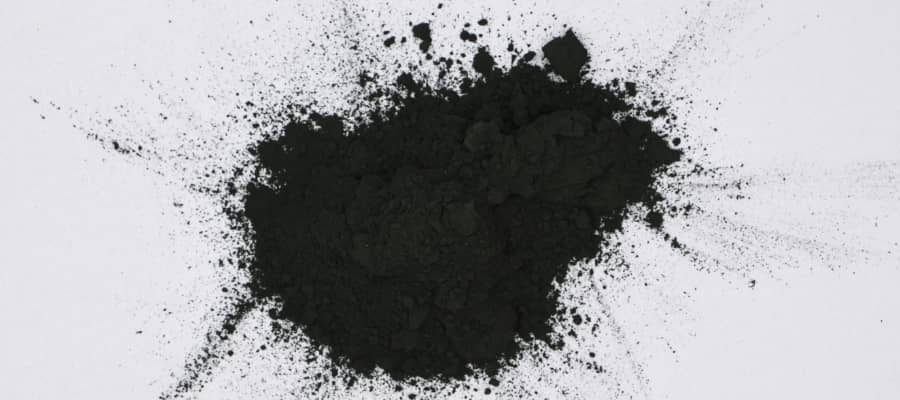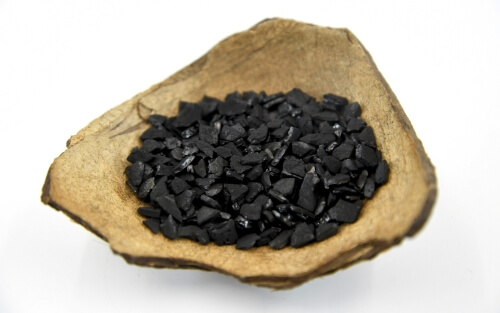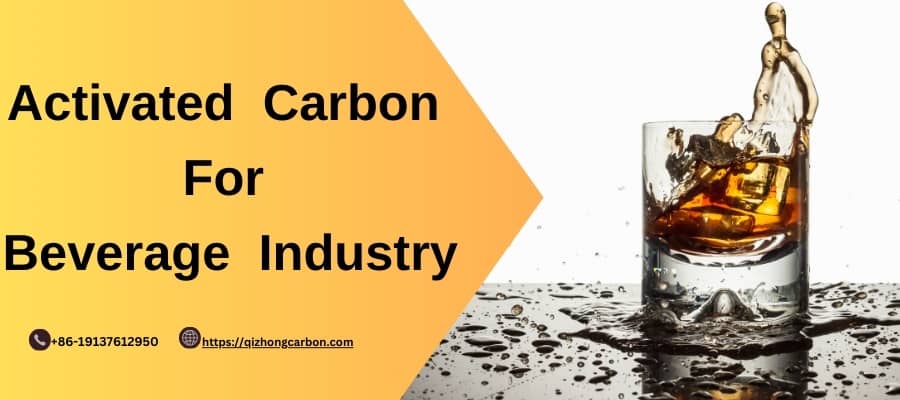In the beverage and food industry, chemical and biological technologies enhance the quality and safety of products. Technologies are applied to the treatment of wine, beer, fruit juices, tea and coffee to improve their appearance and taste and enhance market competitiveness.
Activated carbon, as a highly efficient adsorbent, plays a key role in the alcohol purification process. By removing impurities and adjusting the taste, it not only ensures the purity of alcoholic products such as beer, spirits and wine, but also significantly enhances their flavor and sensory experience.
Application of activated carbon in wine quality enhancement
Unwanted impurities, such as acetaldehyde, may be introduced at each step of the wine production process, from fermentation to distillation. These impurities not only affect the taste of the wine, but may also have a negative impact on consumers’ health. Activated carbon, due to its porous structure, can effectively adsorb these impurities, thereby enhancing the purity and taste of the spirit.

Activated carbon in the brewing industry
Activated carbon is a highly porous carbon material, and its well-developed internal microporous structure makes it highly capable of adsorbing various impurity molecules in the liquid and gas phases. The use of activated carbon in the production process of wine not only improves the quality of wine, but also ensures the environmental protection and economic benefits of the production process.

- Raw material water purification: purify the water source, remove organic matter and odor, ensure the purity of water, and improve the quality of wine.
- Saccharification and fermentation: activated carbon adsorption removes organic acid and sulfide from the mash, inhibits harmful microorganisms, keeps the alcohol stable and clean, and promotes fermentation.
- distillation and purification: the adsorption tower removes mercaptans and ester impurities from the alcohol, improving the purity and flavor of the wine.
- Aging: activated carbon further removes odor, harmonizes color, and gives the wine a unique flavor and better taste.
Through these detailed application descriptions, we can see the importance of activated carbon in the wine making process in many aspects. Its efficient adsorption capacity not only optimizes the treatment effect at each stage, but also significantly improves the taste and quality of the final wine.
Choose powdered activated carbon or coconut shell activated carbon
In the winemaking process, the selection of the right activated carbon is essential to ensure product quality and efficiency. Different types of activated carbon have different physical and chemical properties that determine their suitability and effectiveness in winemaking. The following activated carbons are commonly used in the winemaking process.
Wood powdered activated carbon, with its rapid diffusion rate and spacious pore structure, effectively shortens the contact time with the liquor while significantly enhancing its adsorption performance. In addition, thanks to its high specific surface area and spacious adsorption pores, powdered activated carbon not only excels in decolorization, but also possesses a strong loading capacity, which makes it a material for removing undesired colors and impurities from wine liquors.

| Description | Wood Powder Activated Carbon |
| Mesh Size | 200/325 mesh |
| Iodine (mg/g) | 800-1050 |
| Moisture (%) Maximum | 5(max) |
| Ash≤(%) | 5 |
Coconut shell activated carbon has a higher hardness and finer pore size, making it suitable for use in the saccharification and fermentation and aging stages. This activated carbon adsorbs harmful bacteria and tiny impurities from the mash, while helping to remove undesirable flavors that may arise during the aging process.

| Description | Coconut shell granular carbon |
| Mesh Size | 8*30 mesh,12*40 mesh |
| Iodine (mg/g) Minimum | 900 |
| Moisture (%) Maximum | 5 |
| Ash≤(%) | 5 |
Activated carbon plays a key role in the winemaking process, from raw water purification to final flavor adjustment. Powdered activated carbon and coconut shell activated carbon each have their own advantages and are used at different stages of the winemaking process. Choosing the right activated carbon is crucial to improving the quality of your wine.
Contact Us
Qizhong offers a wide range of high quality activated charcoal to meet all your needs in the wine making process, helping you to produce fine wines with a pure taste and excellent quality.
